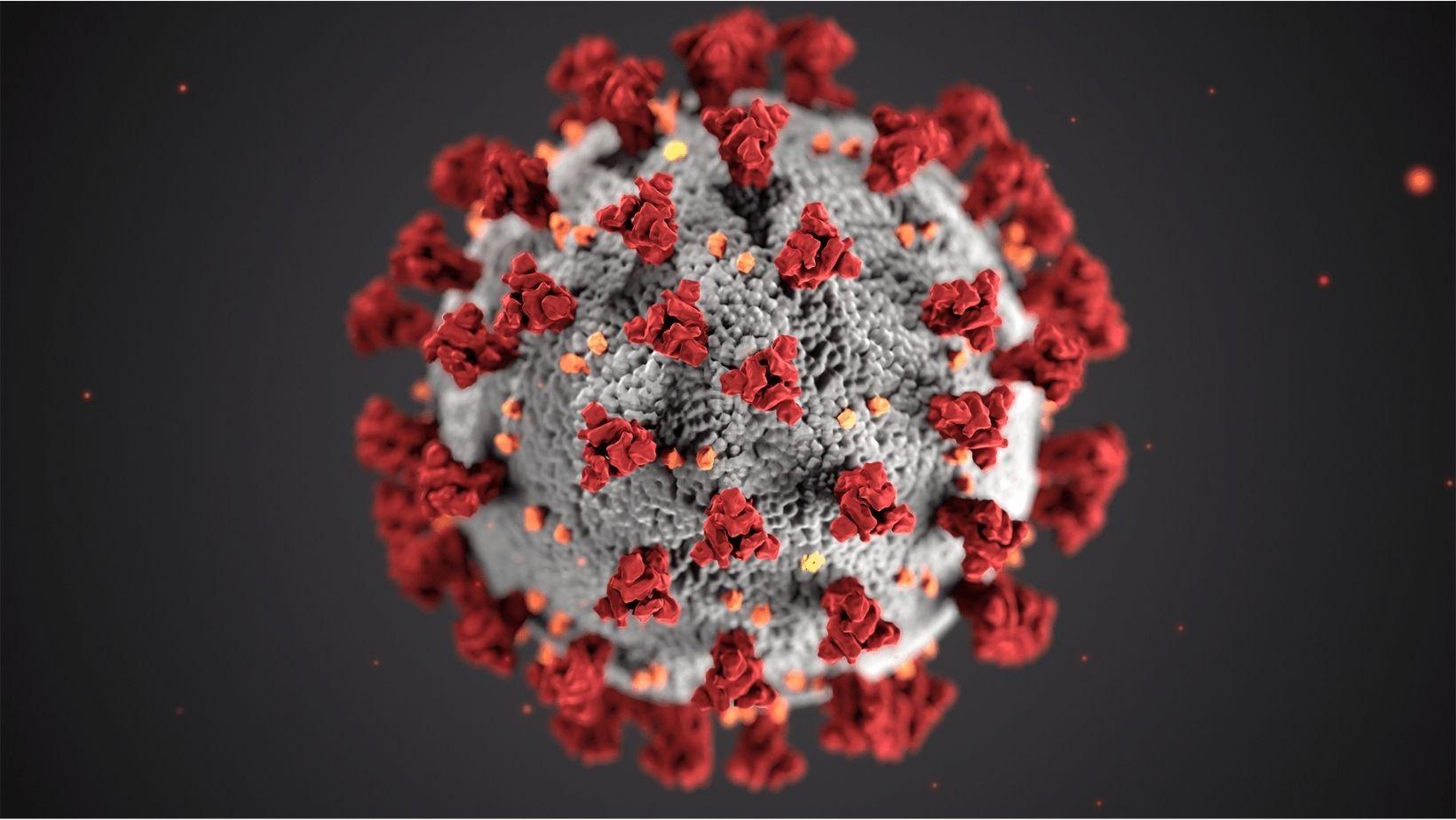
The Cambridge Stem Cell Institute works with scientists in Cambridge and around the world in an effort to fight the COVID-19 pandemic.
As the world began to shut down in early 2020, CSCI researchers mobilised their expertise to contribute to the global efforts to tackle the virus. Some returned to active clinical duties, while others committed their research to better understanding the virus, from cardiovascular dysfunction to immune responses.
See how our teams engaged in #ResponsiveResearch
CSCI Research Highlights:
-
Dr Joo-Hyeon Lee is applying her work with lung organoids (small, simplified organ models) to research the effects of the virus on the lungs. The results allow for the potential to explore individual responses to viral infection, and the method of using organoids offer exciting applications to understanding other diseases in the future.
Read: Three-dimensional human alveolar stem cell culture models reveal infection response to SARS-CoV-2
-
At the start of the pandemic, Professor Bertie Göttgens applied his research with single-cell analysis to examine the immune response to COVID-19, offering insight to the factors that contribute to more severe viral infections .
Read: Single-cell multi-omics analysis of the immune response in COVID-19
-
The effects of COVID-19 on patients vary greatly across the infected population. Though biological differences, lifestyle choices, and other illnesses contribute to these effects, Professor Sanjay Sinha explores the ACE2 protein responsible for regulating the cardiovascular system and an ACE2 isoform that may impact the severity of infection.
Additional Research:
Dr Fotios Sampaziotis's lab has been using organoids as a platform to study COVID-19 screen compounds. Read the paper in Nature here.
Dr Cédric Ghevaert’s group is working with the University of Bristol on a project investigating viral interactions with megakaryocytes. Find out more in our interview with the Ghevaert group.
Professor Bertie Göttgens is part of a team researching the factors that influence the immune response between adults and children, offering insight to the innate differences present in paediatric patients leading to typically milder effects of the virus in children than in adults.
Professor David Rowitch's lab is working on a project to test an alternative enzyme to enhance COVID-19 antibody testing. This pilot project will serve as a proof of concept, providing a potentially valuable resource and alternative in COVID-19 antibody screenings.
Professor George Vassiliou’s lab is investigating the hypothesis that clonal haematopoiesis may be linked to increased severity of COVID-19.
Dr Ingo Ringshausen's lab is carrying out a project aiming to harness the inherent immunosuppressive properties of allogenic mesenchymal stem cells (MSCs) which can be used to treat severe inflammation in the lungs.

